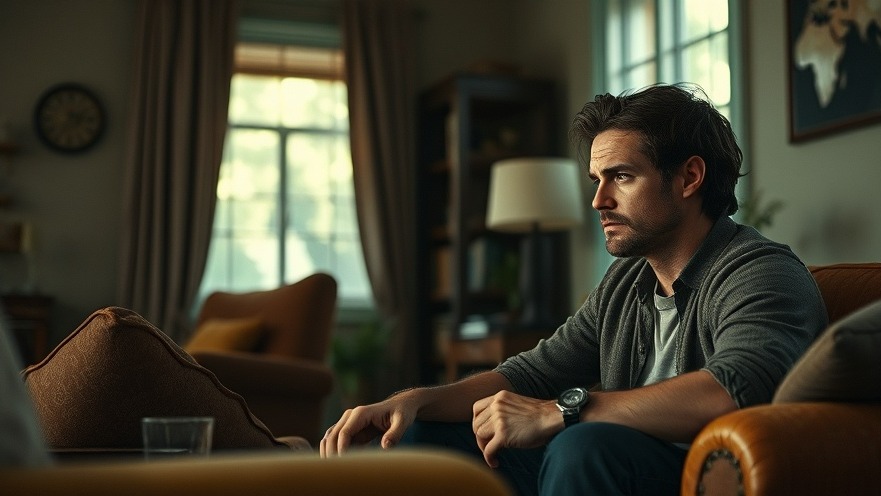
The New Perspective on Mental Health in Gaming
The recent portrayal of Joel in HBO's The Last of Us is a fascinating deviation from his video game counterpart. The introduction of therapy for Joel sparks a conversation around mental health, particularly in narratives where characters endure traumatic events. The show illustrates a nuanced approach to the emotional aftermath of violence, marking a significant shift from the game's often superficial handling of such themes.
The Importance of Realistic Emotional Responses
In the video game, players can engage in brutal acts without confronting the psychological repercussions, leading to what is known as ludonarrative dissonance, where gameplay conflict diverges from narrative intent. However, the TV show pushes for an emotionally realistic portrayal where Joel acknowledges that his past actions require processing. This emphasis on mental health can resonate deeply, particularly with audiences who face their own psychological challenges while living a dynamic or mobile lifestyle, like digital nomads.
Implications for a Wider Audience
The incorporation of therapy is not merely a character development tool; it also signals a broader societal acknowledgment of mental health's importance. In contemporary narratives, we see a shift toward understanding that characters possess depth and real-world emotions, injuring and healing as humans do. This attention to mental wellness emphasizes that just as we care for physical health on the road, we should prioritize our mental health on the journey of life itself.
Bridging Media to Self-Improvement
For the target audience of digital nomads, recognizing characters' transitions can inspire viewers into action for their own well-being. Understanding how Joel’s therapy sessions might encourage healthier coping mechanisms amid stress, loneliness, or trauma reveals a connection between story and real life. Nomad life entails unique stressors—uncertainty, frequent transitions, and often a lack of community—which makes prioritizing mental health crucial.
Creating Connections Through Storytelling
The emotional weight handled in this season premiere reflects a growing cultural shift towards empathy and connection in storytelling. Instead of glorifying violence, Joel's therapy sessions portray a necessary step toward healing, encouraging viewers to seek support in their own lives. As audiences continue to crave depth and authenticity in storytelling, the need for mental health conversations grows stronger, encouraging a more resilient mindset, especially for those leading unconventional lifestyles.
 Add Row
Add Row  Add
Add 




Write A Comment